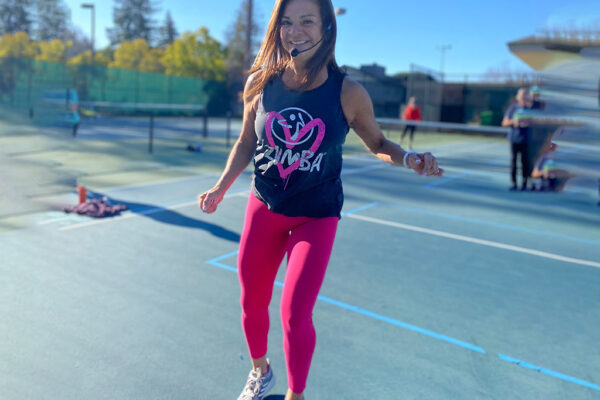
So how do you stay safely hydrated? Most importantly, know yourself and your needs as an athlete. Sweat rates vary greatly from person to person, depending on many factors such as body size, temperature, training level and environment. An easy way to determine your sweat rate is to weigh yourself (without clothes) prior to exercising. Exercise for one hour and re-weigh yourself (without clothes). If you drink anything during your exercise bout, you will need to add this number into weight lost. For each pound lost, you lost 15.4 oz of fluid. This can be repeated in different environments and performing different activities since sweat rates will change depending on these factors.
Current recommendations for Total Water intake per day is 3.7 liters for sedentary adult males and 2.7 liters for sedentary adult females. It is important to remember that total water refers to water found in all beverages and contained in food, not just water consumed. The research suggests that drinking caffeinated beverages will not lead to dehydration and can be included in your total water levels. Alcohol dehydrates. For athletes, especially in hot environments, fluid requirements can change drastically and can spike up to 6 liters. Since hydration needs are so varied depending on the person, activity and environment, there are no set fluid replacement recommendations for athletes. The most critical thing to remember is to have water available, something with carbohydrate and electrolyte replacement is a good idea if you will be exercising for >60min, and drink when you feel thirsty. Forcing large amounts of liquid is not necessary and can cause serious medical problems. Pre-hydrating before your exercise bout and re-hydrating after are important for maintaining health, but again this should be based on your personal needs. A good tool for spotting signs of dehydration is to watch your urine output. If it is dark in color and you find the amount dwindling chances are that you are dehydrated.
Like everything in life, finding the proper hydration is about finding the right balance. Respecting your uniqueness as an athlete can help to determine the perfect hydration equilibrium for you.
Written by Michaela Shoberg, M.S.
Michaela is a clinical exercise physiologist located at BaySport’s San Francisco office. She graduated from the Master’s program in Exercise Physiology at San Francisco State University. Michaela graduated suma cum laude and received the Distinguished Academic Achievement award for her thesis work on cycling economy. While at San Francisco State University, she taught undergraduate physical activity courses including aerobics and strength training and assisted with undergraduate research projects. Michaela is classically trained in ballet and other dance forms and has spent many years as a professional dancer.
References:
ACSM EXERCISE AND FLUID REPLACEMENT POSITION STAND- February 8,2007 www.acsm.org
Ace fitness: www.acefitness.org/fitfacts/fitfacts_display.aspx?itemid=173
Hydration For Summer Exercise Harvey B. Simon, M.D., Harvard Health Publications



Awesome article, but just curious, what is your main field of expertise? Do you write part time, or are you a professional in your field? I wouldn’t mind reading an About Us section or something to describe what you do so I can better understand your point of view.
Thanks for posting this. Very nice recap of some of the key points. Your readers find it useful! Thanks again. I’ve been reading along for a while now.